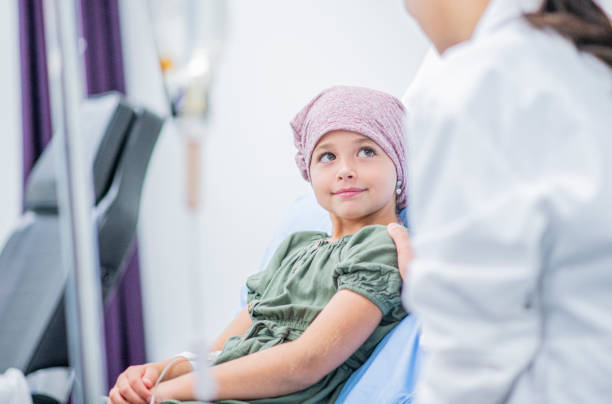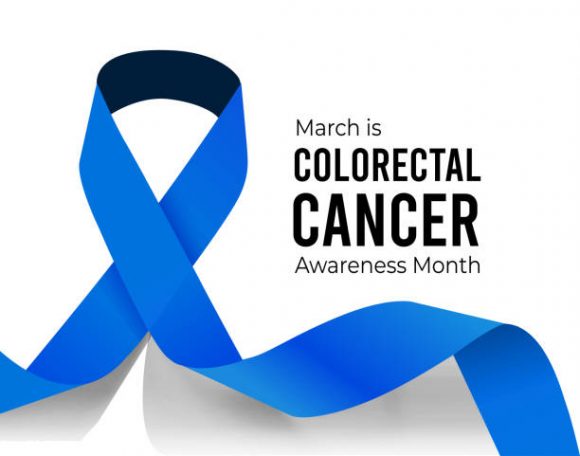
A cancer diagnosis is upsetting at any age. And especially if the patient is a child, it is even more heart-breaking. If a child is detected with cancer, it’s quite natural to have many questions like which hospital and doctor should you consult, will the child get well, will the child and the family be able to cope with this dreadful disease?
Though not all questions have answers, awareness is the starting point for understanding the basics of childhood cancer.
The most common types of childhood cancers include leukaemia, brain cancers, lymphomas, and solid tumours, such as neuroblastoma and Wilms tumours. Most childhood cancers can be cured with generic medicines and other forms of treatment, including surgery and radiotherapy.

Understand the risks and causes of cancer in children
There are some known risk factors that increase the risk of a child developing cancer. It is important to note that not all children with cancer are affected by the same reason. And that many children who are affected by these risk factors won’t go on to develop cancer.
Notable risk factors
- Medical conditions
- Genetics
- Problems with development in the womb
- Exposure to infections (Some chronic infections, such as HIV, Epstein-Barr virus, and malaria, are risk factors for childhood cancer)
- Exposure to radiation
- Previous cancer treatments
Symptoms
Cancer symptoms in children can be very similar to those of other childhood illnesses. Though the symptoms mentioned here may not always confirm cancer, you must visit a doctor if the child has any of the following symptoms:
- The child is unable to urinate or has blood in the urine
- The presence of an unexplained lump, firmness or swelling anywhere in the body
- Tummy (abdominal) pain or swelling that doesn’t go away
- Persistent back or bony pain or pain that wakes the child up in the night
- Unexplained seizures (fits) or changes in their behaviour and mood
- Persistent headaches
- Frequent or unexplained bruising or a rash of small red or purple spots
- Unusual paleness
- Feeling tired all the time
- Frequent infections or flu-like symptoms
- Unexplained vomiting (being sick)
- Unexplained high temperature (fever) or sweating
- Shortness of breath
- Changes in the appearance of the eye or unusual eye reflections in photos
When to see a specialist?
It is normal for parents to worry if their child has symptoms of any illness. Cancer is a very rare condition in children and especially because there are so many possible symptoms, sometimes the doctor might ask to wait to see if your child gets better. Or if they respond to treatment such as antibiotics.
There are certain general guidelines for all suspected childhood cancer referrals. The cancer specialists at Lourdes will ensure that these guidelines are adhered to and precisely plan the steps and measures as needed.
The first professional your child might see is a specialist children’s doctor – a paediatrician who will look into the preliminary diagnosis and refer the child to a cancer specialist from the oncology department as needed. Following this, the prescribed cancer diagnosis and tests for other conditions will be carried out.
Once diagnosed, the child’s care will be planned by our specialist children’s cancer team. This dedicated team will plan, treat, and care for children with cancer. The team will explain everything to the child’s family and there is a lot of practical, emotional, and psychological support also available.




